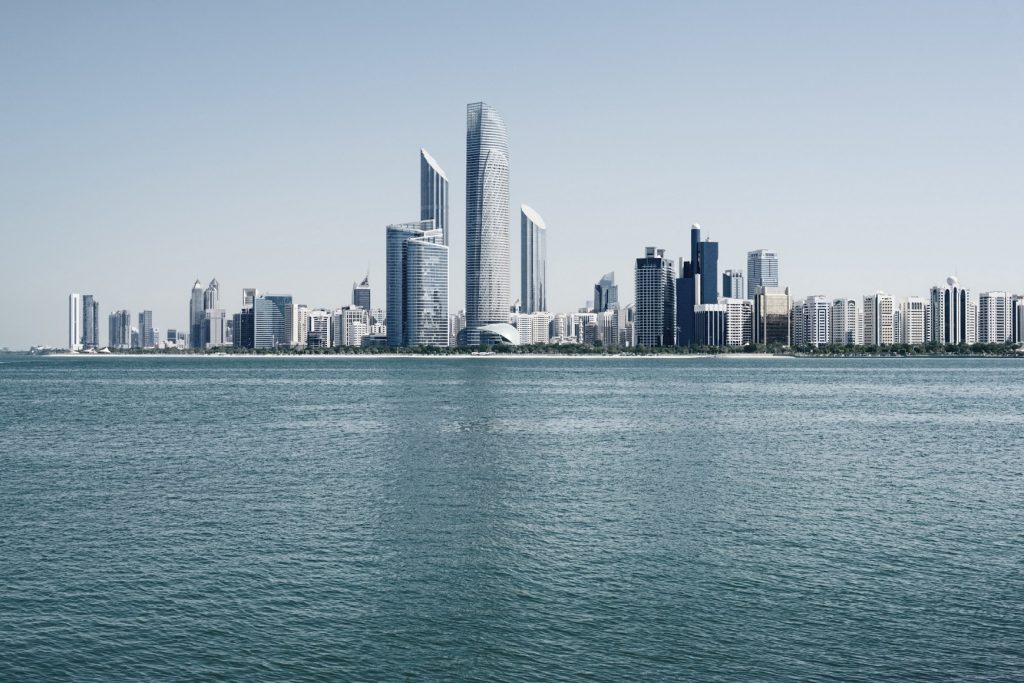Although market conditions in Abu Dhabi remain relatively unchanged this quarter, Q2 witnessed a major announcement by Sheikh Mohammed Bin Zayed introducing an economic stimulus package for Abu Dhabi to drive economic growth, outlines JLLs latest report.
The three-year AED50bn package should boost sentiment among key stakeholders and have a direct impact on the Capitals real estate sector.
The stimulus package introduced in early June this year will drive initiatives that directly affect the real estate sector by reducing costs for developers, promoting partnerships between public and private sectors, and also providing dual licenses for companies located in free zones to bid for, and undertake government tenders outside the free zone.
Peter Stebbings, national director and head of Abu Dhabi, JLL, said: The new government economic stimulus package has positive implications for the Capital with new initiatives directly impacting the real estate market and as with previous government stimuli should lead to an upswing in investment.
There has been an increased focus on promoting and implementing public-private partnerships across the region and within the UAE in particular. With the stimulus package being introduced in Abu Dhabi, real estate developers will be able to reduce costs, paving the way for positive sentiment across the market.
Residential rents and sales prices largely remained unchanged in Q2. However with the UAEs decision to allow 10-year visas for expats and 100% foreign ownership in companies outside of free zones will boost sentiment in the residential market, providing expats with more security over their rights to remain in the UAE.
Office rents have slightly fallen in Q2 as consolidations continue to take place and other companies choose to downsize. Employment levels in Abu Dhabi continue to be affected, specifically in government agencies and financial service entities, placing downward pressure on rental rates.
The introduction of VAT earlier this year has prompted retailers across the UAE to shift their focus to ways in which they can provide greater value to shoppers who have become more price conscious.
The hospitality market registered a 2% increase in occupancy levels and a 7% drop in ADRs compared to the same period last year. Consequently, RevPar declined by 4% in YT May 2018 compared to the same period last year.

